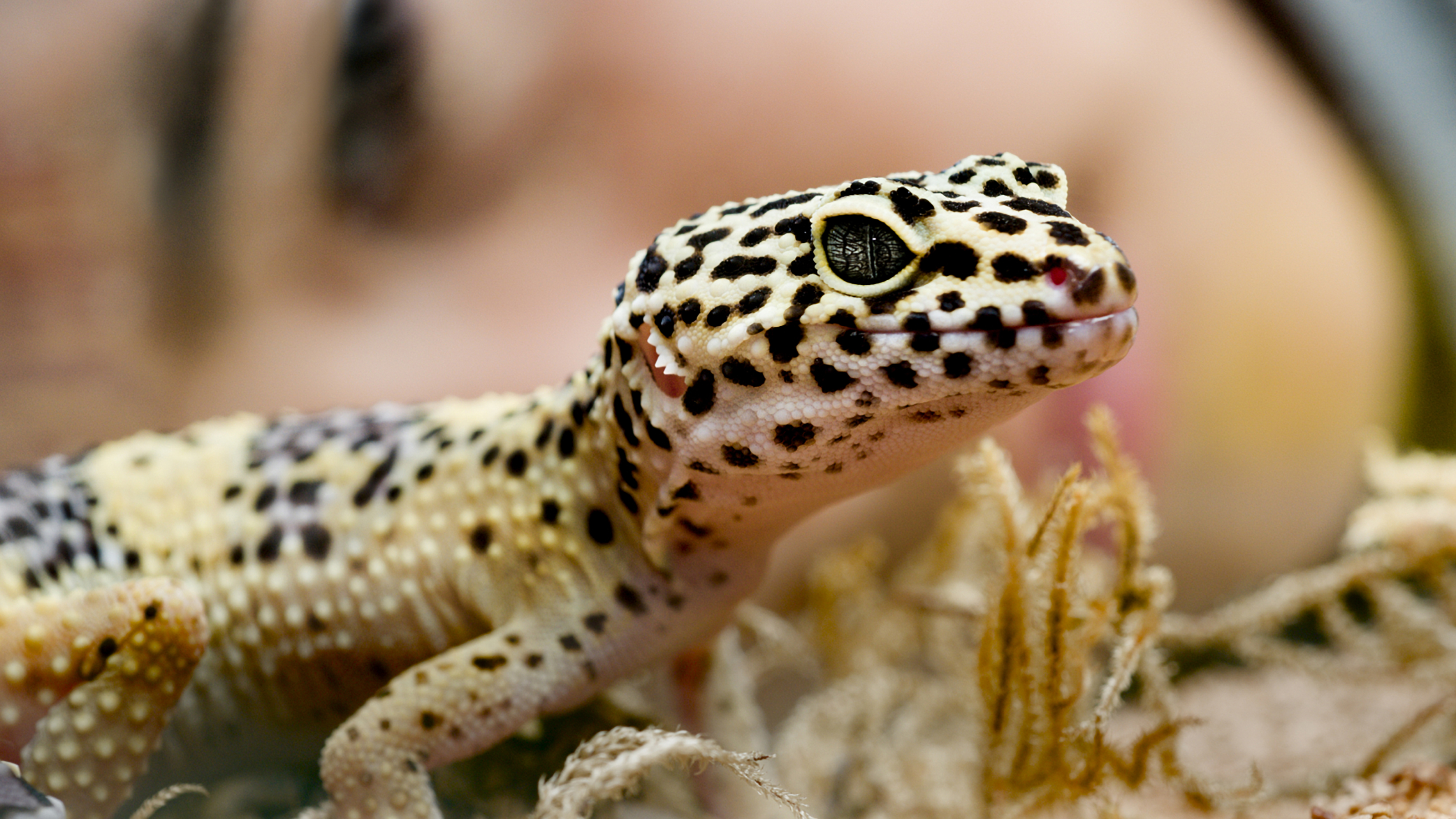If you are a reptile enthusiast or planning to bring home a reptile pet, proper reptile pet care is essential to ensure their health and well-being. Reptiles are unique pets that require specialized reptile pet care routines, including habitat setup, diet, hydration, and handling. This guide will provide you with everything you need to know about reptile pet care. For more details, visit www.fr8pals.com.
Choosing the Right Reptile Pet
When selecting a reptile pet, it is important to consider their size, temperament, and care requirements. Some popular reptile pets include:
- Leopard Geckos – Low-maintenance and great for beginners.
- Bearded Dragons – Friendly and interactive reptile pets.
- Corn Snakes – Docile and easy to handle.
- Red-Eared Sliders – Aquatic turtles requiring water filtration.
Each reptile pet has different needs, so proper research is crucial before bringing one home. Visit www.fr8pals.com for more information on different reptile pets.
Setting Up a Reptile Habitat
A well-maintained habitat is key to proper reptile pet care. Consider the following:
- Terrarium Size: Ensure the enclosure is spacious enough for your reptile pet.
- Temperature Control: Reptiles are cold-blooded and need a temperature gradient.
- UVB Lighting: Essential for vitamin D3 synthesis and bone health.
- Substrate Selection: Choose safe bedding like reptile carpet or coconut fiber.
- Hiding Spots: Provide caves and logs for security.
Maintaining the right habitat conditions is crucial for effective reptile pet care. Read more on www.fr8pals.com.
Feeding Your Reptile Pet
Proper nutrition plays a vital role in reptile pet care. Different reptile pets have unique dietary requirements:
- Herbivores: Iguanas require leafy greens, vegetables, and fruits.
- Carnivores: Snakes feed on pre-killed rodents.
- Omnivores: Bearded dragons eat a mix of insects and vegetables.
- Insectivores: Geckos thrive on crickets and mealworms.
Supplements like calcium and vitamins should be added to their diet. Learn more about reptile pet nutrition at www.fr8pals.com.
Hydration and Humidity Control
Proper hydration and humidity are crucial aspects of reptile pet care. Here’s what you need to do:
- Provide fresh water daily in a shallow bowl.
- Maintain the right humidity level using misting or a humidifier.
- Soak turtles and tortoises occasionally to prevent dehydration.
- Avoid excessive moisture to prevent respiratory infections.
Humidity needs vary by species, so understanding your reptile pet’s requirements is essential. Visit www.fr8pals.com for detailed guides.
Handling and Interaction
Reptile pet care also includes responsible handling. Follow these tips:
- Wash your hands before and after handling your reptile pet.
- Avoid excessive handling, especially with stress-prone species.
- Support their body properly to prevent injury.
- Observe their body language for signs of discomfort.
Reptiles can be fascinating companions, but handling should be done with care. For more handling tips, check www.fr8pals.com.
Common Health Issues in Reptiles
Reptile pet care includes monitoring for health problems such as:
- Metabolic Bone Disease (MBD) – Due to calcium and UVB deficiency.
- Respiratory Infections – Caused by poor humidity control.
- Parasites – Internal and external parasites affect digestion and skin health.
- Shedding Issues – Incomplete shedding can lead to infections.
Regular vet check-ups and proper reptile pet care can prevent these issues. Read more about reptile pet health at www.fr8pals.com.
Conclusion
Reptile pet care requires dedication, knowledge, and attention to detail. By providing the right habitat, diet, hydration, and medical care, you can ensure your reptile pet lives a long, healthy life. If you need more reptile pet care tips and resources, visit www.fr8pals.com.



